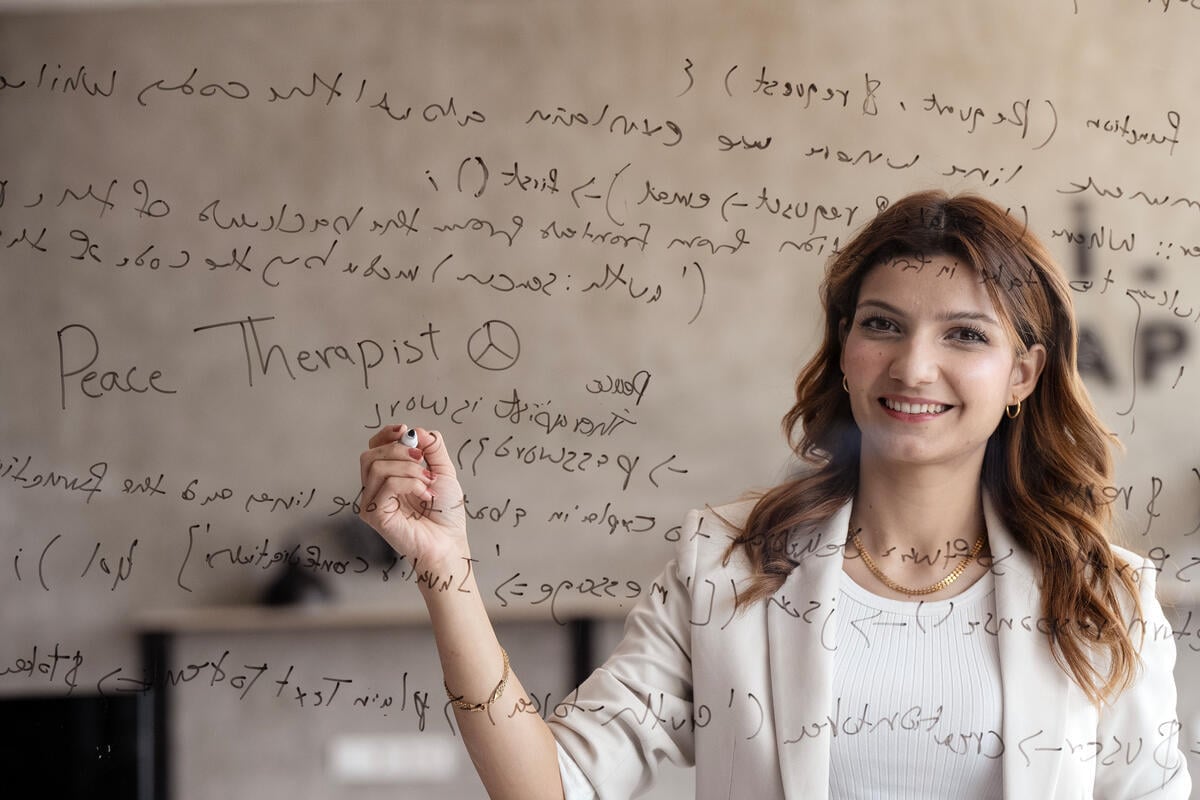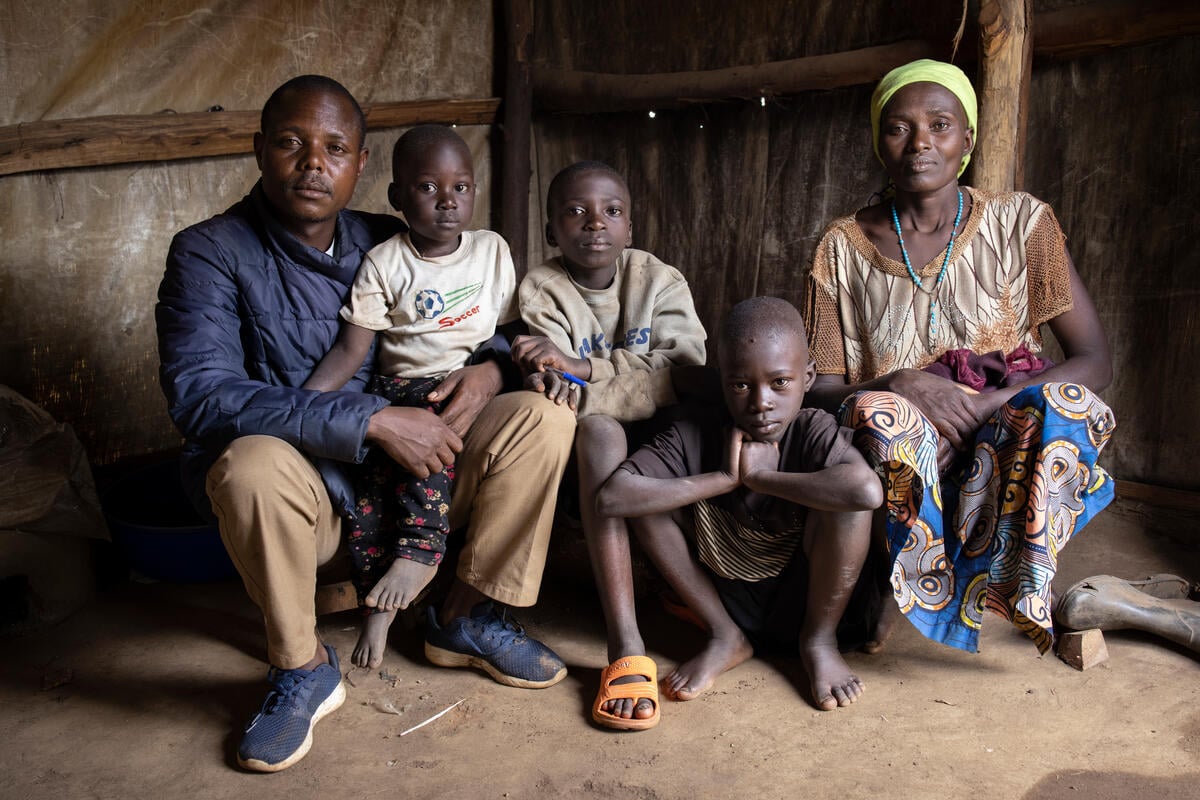My advice to other kids as a refugee from Ukraine? Appreciate what you have

My advice to other kids as a refugee from Ukraine? Appreciate what you have
In the early weeks of Ukraine’s conflict, 15-year-old Daria Nastasiuk’s world was turned upside down when she was awoken by blasts near her home in Odesa and her mother frantically telling her they had to escape.
With eight people crammed into their family car, they spent more than 24 hours on roads jammed with thousands of others fleeing before reaching the nearby border with Moldova and safety.
Separated from her father, friends and familiar life, Daria has lived for the past month with her mother and younger brother in a university dorm converted by the authorities into a shelter for Ukrainians in the Moldovan capital, Chisinau. She is among more than 460,000 refugees who have crossed into Moldova from Ukraine since the start of the war.
Here, Daria reflects on the recent upheaval in her life, its psychological effects, and what advice she would give to other teenagers who have never had to flee their homes. Her words have been edited for length and clarity.
Before the war I had a lot of friends. We used to go out, do homework together, go to each other’s houses for tea and listen to music. Just have fun. The atmosphere was calm and peaceful. Everything was perfect.
My biggest problems back then had to do with my studies, or arguments with my friends and parents. I realize now I didn't have any serious problems, I just worried about little things.
But when the war broke out, there was a curfew and everyone had to stay in their homes, you couldn’t go outside. There were no lessons because all the schools closed.
We left the day after the explosions started. When I first heard them, I was sleeping. I thought someone was trying to wake me up to go to school. Instead, my mom woke me up and told me to pack my stuff fast. I started running around the house getting ready and the next day we packed the car and left.
I took a few things with me like shampoo, and a pillow just in case. We took a lot of food because we knew it might be a long trip. I took a toy with me – a small toy giraffe.
I wish I could have taken more summer clothes, some jewellery, more accessories. Mostly I wish I could have taken my pets – my cat and my dog – because I miss them so much.
[Here in Moldova] we have a lot of free time now, so we sit and watch the news to see what’s happening in Odesa. People can’t believe what’s happening there now.
When we started studying online … I started to feel better. It helps distract you, and the homework keeps me busy. Because we can't meet up, sometimes we turn on our cameras just to see each other's faces. All my classmates left and went to different countries like Germany, Romania, the USA – everyone went in different directions.
I'm in touch with a friend of mine from Ukraine who escaped to Germany with his family. We talk almost every day. Most of the time we talk about the war, we remember the good times before, and try to support each other. We're worried about our other friends, and hope to see each other as soon as possible.
"I never imagined I would experience war."
I never really thought about refugees before, because it was never something I thought might happen to us. I never imagined I would experience war and find myself in this situation.
For me, being a refugee means having problems finding food, a place to stay, and clothes. It also means having psychological problems.
I'm sure I’ll have bad memories of what’s happened, even if I don't want to remember. I’ll try to find things to distract me. The first thing I'd like to do [in Odesa] is go the seaside with my parents and my little brother. I'll take a swim and forget about what happened.
My advice to kids in other countries is to appreciate the time they have now, the quiet and the peace they live in, and the joy of their family and friends. Don't worry about the little problems in life – just try to appreciate what you have.
As told to Charlie Dunmore and Irina Odobescu













